Why is Tesla selling 2021 cars with 2017 batteries?
Did Electric Jesus (Elon Musk) just admit that Tesla batteries degrade like every other carmaker? Surely Tesla batteries don’t lose range over time…
A plague of demonstrator Model 3s has been spotted rolling out across the United States.
This is both grotesque and fascinating, isn’t it? Intriguing. You just wanna know more.
It’s apparently not just one car that was caught in this online marketing blitz, because they seem to have had a production meeting.
A dude named Seth Horowitz recently had a Twitter exchange about this, which appears to be whence the story broke. Mr Horowitz found examples of this, with the range disclaimer appearing for consumers in Denver, LA, Miami, Portland and even in North America’s Tasmania, Hawaii.
Of all the carmakers, Tesla is my favourite, and of all the carmaker CEOs, Elon Musk is called Electric Jesus, by me, for a reason. He’s great.
What sealed this respect from me wasn’t that messy but entertaining submarine business in Thailand, or faking out investors about going private, or even hilariously losing that CIA satellite before smoking that spliff with Joe Rogan. They were all sideshows, compared to the real acts of bravery.
What made Mr Musk the saviour for me was the thousands of Cybertrucks and the fleets of Tesla Semis out there, deployed, running around on the roads right now, today - which I understand he made all completely invisible. That’s properly impressive.
The faithful are incredibly forgiving when it comes to what they’ll swallow about Tesla.
Someone sent me a rather detailed email recently about how ‘genius’ Elon is, based on him sitting down one day in his office at Stark Industries, and designing the giga press, and getting it into production throughout his factories.
This should be an awesome achievement, because the giga press is an amazing piece of engineering. It’s an eighty-kilo molten aluminium shot, with six to eight tonnes of clamping force, 90-second cycle time. Just awesome.
Except it’s not a newfound industrial technological discovery inspired by Elon Musk, or something.
It actually pained me to point out to this ‘someone’ that the giga press was in fact developed by an Italian engineering company called the Idra Group, which is owned by a Chinese engineering consortium headquartered in Hong Kong. It’s been in their catalogue since 2018. Anyone can buy one. That’s how Tesla got theirs - they simply bought them. (Only not from a catalogue). They’re called ‘facts’.
These are not the kinds of machines you buy off the rack at Bunnings. They have to be tailor made. If you want one, you should expect a team of Idra Group engineers to descend on your premises and take many years to build it, ship it and install it.
But you can believe what you want, obviously. You can believe that Tesla came up with the giga press, and has some miraculously exclusive battery tech, even though it doesn’t. Battery chemistry is a completely level playing field, or course, both commercially and technically. There’s nothing new on the cusp of deployment; the batteries in your Makita or Milwaukee are - essentially - the same as the batteries in your Tesla. Only powertool batteries are smaller and less expensive.
My AutoExpert AFFORDABLE ROADSIDE ASSISTANCE PACKAGE
If you’re sick of paying through the neck for roadside assistance I’ve teamed up with 24/7 to offer AutoExpert readers nationwide roadside assistance from just $69 annually, plus there’s NO JOINING FEE
Full details here >>
AutoExpert DISCOUNT OLIGHT TORCHES
These flashlights are awesome. I carry the Olight Warrior Mini 2 every day - it’s tiny, robust, and super useful in the field or in the workshop. Olight is a terrific supporter of AutoExpert.
Use the code AEJC to get a 12% discount >>
WHAT’S IN A TESLA DISCLAIMER?
So when I saw that warning about 12 per cent lower range in the Tesla disclaimer, urging us all to ‘learn more’, I had no choice. I felt compelled to click:
Leaving aside the politics of sexing up vehicles as purportedly new when in fact they have up to 1600 kays on the clock and were presumably used as demonstrators, why is the battery pack on these cars that old? And how can the pack be from 2017 if the car is that new?
I mean, if the battery pack was “brand new when the vehicle was built”, then the car was built in 2017. So how the hell can it be a 2021 model? That’s a real logical hurdle for me. If GM or Ford tried that, there would be an outcry. The palatability of bullshit is certainly not a level playing field.
And if it’s a demonstrator, it’s an extremely old demonstrator. Can you imagine how many self-righteous EV snobs have test driven them, since 2017? Imagine how worn out all those parts will be - the expensive bits - underneath.
Anyway, Elon moves in mysterious ways, including the Hyperloop. It’s coming…
Another typically unanswered question is, ‘Why is Tesla sitting on battery packs which are four to five years old?’ Last time I looked, the bullshit rhetoric from them was everything’s booming, demand is grossly out-stripping supply, and they can’t keep up.
And, frankly, this is not the same kind of thing as having a bunch of headlamps left over from 2017, like Holden might’ve done with all those last-run Commodores. That battery is the single most expensive component in the car, and it degrades over time.
Why store them?
WARRANTY PROBLEM
What strikes me as even more relevant here is they’ve suffered a 12 per cent reduction in range over four years, on cars that have driven fewer than 2000 kays.
Just part of the Tesla ownership experience.
Tesla offers an eight-year/100,000-mile warranty on batteries in the US, with a cutoff of 70 per cent charge retention capacity. So if you lose more than 30 per cent of the range within eight years or 100,000 miles, they’ll replace the battery under warranty.
But with these specific cars, is it eight years from now or 2017, for the warranty? And is it 70 per cent, or 70 per cent of 100 per cent, minus up to 12 per cent? Very confusing.
Let me know, if you’re an EV owner, what’s your range reduction experience actually been over time? Let me know the car, and how you use it.
The original Nissan Leaf was especially bad, owing to poor (meaning non-existent) thermal management of its battery. Well done there, Nissan.
The second aspect here is that all EV manufacturers are in a range war because they think range is such a big deal. Carmakers make these grandiose claims, our range is further than yours. And it’s such a big deal for buyers - especially first-time EV buyers.
So, in this hyper-competitive environment of range obsession, is it reasonable to lead consumers along on the expectation of roughly 500 kilometres per charge, and yet remain deafeningly silent on the gradual (or maybe not-so-gradual) reduction in range over time?
They always boast the range, but never declare the degradation.
Where’s the battery degradation disclosure for the hero Tesla Model S?
If I go into the EV ownership deal expecting 500 kilometres (because that’s what the manufacturer tells me I’m going to get), and I get 500 kms out of it, per charge, what happens by Christmas 2025, when the range is down to 400 kms or thereabouts?
The car’s still under warranty. You would not accept that kind of reduction in many other key aspects of any car’s performance such as stopping distance, or airbag deployment, headlamp brightness or seating capacity. Imagine a seven-seater is now only a six-seater, because a row-three seat has broken.
You just wouldn’t accept that. And you have recourse.
So, if this reduction in range comes as a shock to you, as an owner, you’re going to be seriously miffed. But if the manufacturer were honest with you about that, up front, probably not so much, right?
Imagine if the salesperson explained ‘there are limitations to battery chemistry, and range will reduce over time, depending on a number of operational factors, such as the number of fast charges, the way you use the car generally.’ If the carmaker was forthcoming in telling you, ‘we think you’ll lose three to five per cent of range, per year, over the term of the warranty.’
If they said that to you, up front - openly and honestly - then you would know what you’re in for. (To be fair, carmakers don’t even tell consumers their internal combustion engine and transmission will last, generally, 200,000-300,000 before it’s ready for a rebuild.)
Because what’s happening right now with EVs is the understanding of how much range you’re going to get is unknown. They’re all doing it. They’re all guilty of advertising all the notional benefits and how tantalisingly close to 500 kms their electric car will take you.
But, at best, the reality of incremental range reduction is buried in fine print footnotes right at the back of the brochure. If it’s there at all. If you’re lucky, it’ll be on the website long enough to save a screenshot of it.
DISCLOSURES AND DELUSIONS
What do you think? Do we need to re-think how the range of EVs and battery performance is presented to consumers? Does it need to be mandated? It's a big ask for a carmaker to be up front about a critical aspect of vehicle performance over time.
If it’s a cheap power tool, it’s not such a big deal. You’ll get through 200 Tek screws today on a full charge, 185 next Christmas. Who cares? The batteries pop out. You’ve got two and they’re only $100 each.
If it’s a six-to-10-year-old EV, replacement is a major exercise, and the new battery is likely to cost more than the vehicle is worth - if it’s not covered under warranty.
And there’s the effect this range reduction has on resale value - which has yet to be quantified by the market, but will not be pretty. The used market tends not to like engine replacements with internal combustion. WOuld it be the same for EVs? Probably. Baggage isn’t good in a used car’s history.
Alternatively, should you just suck this up? Sure, it offered 500 kms, new, but it’s 10 years old now, and you’re lucky to get 250 out of it today. But if you love your half-dead EV, regardless, you could hold onto it.
Let me know where you sit on this.





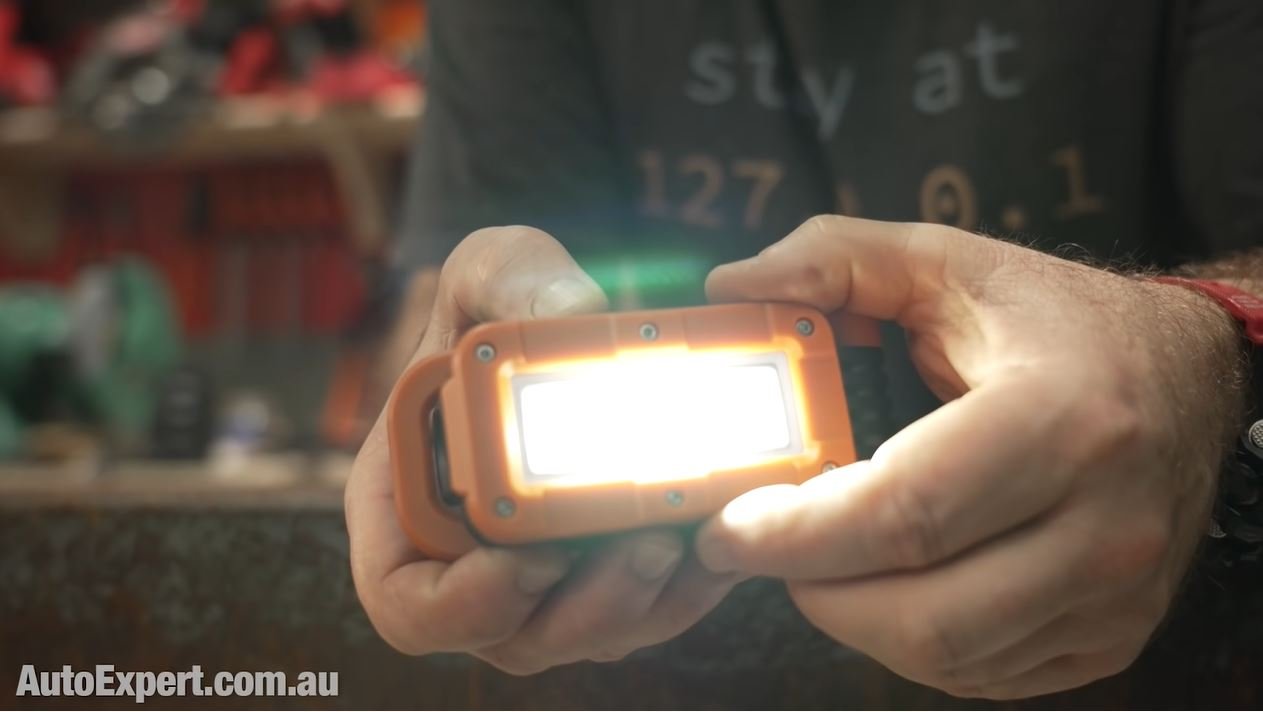
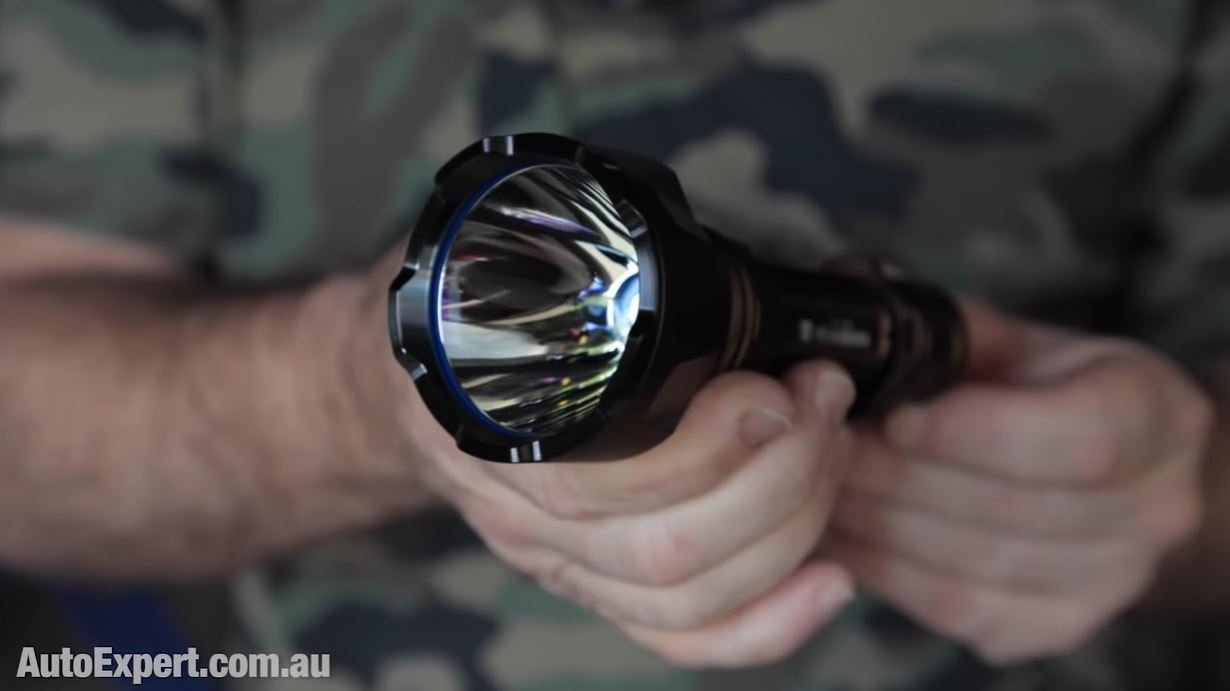



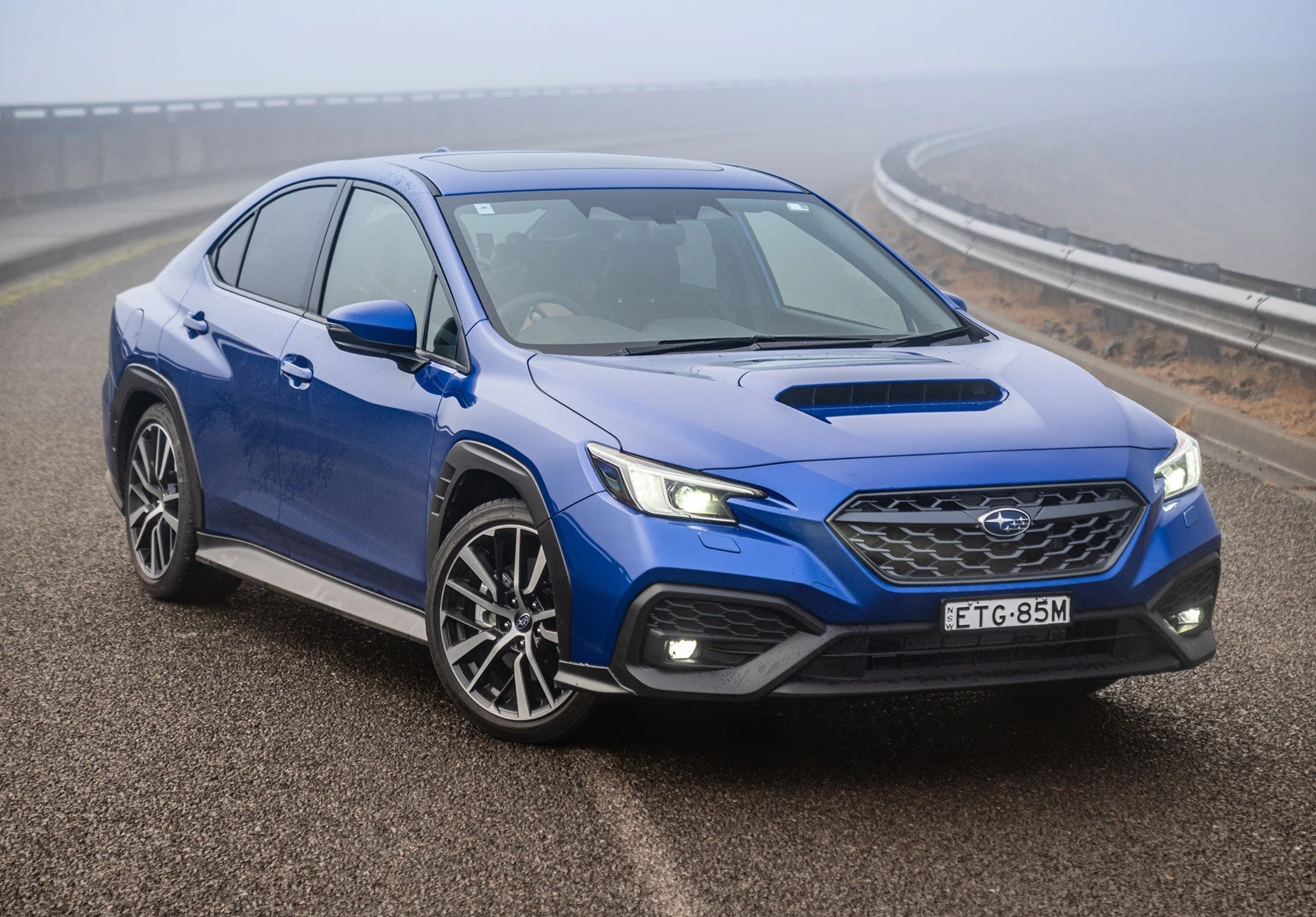






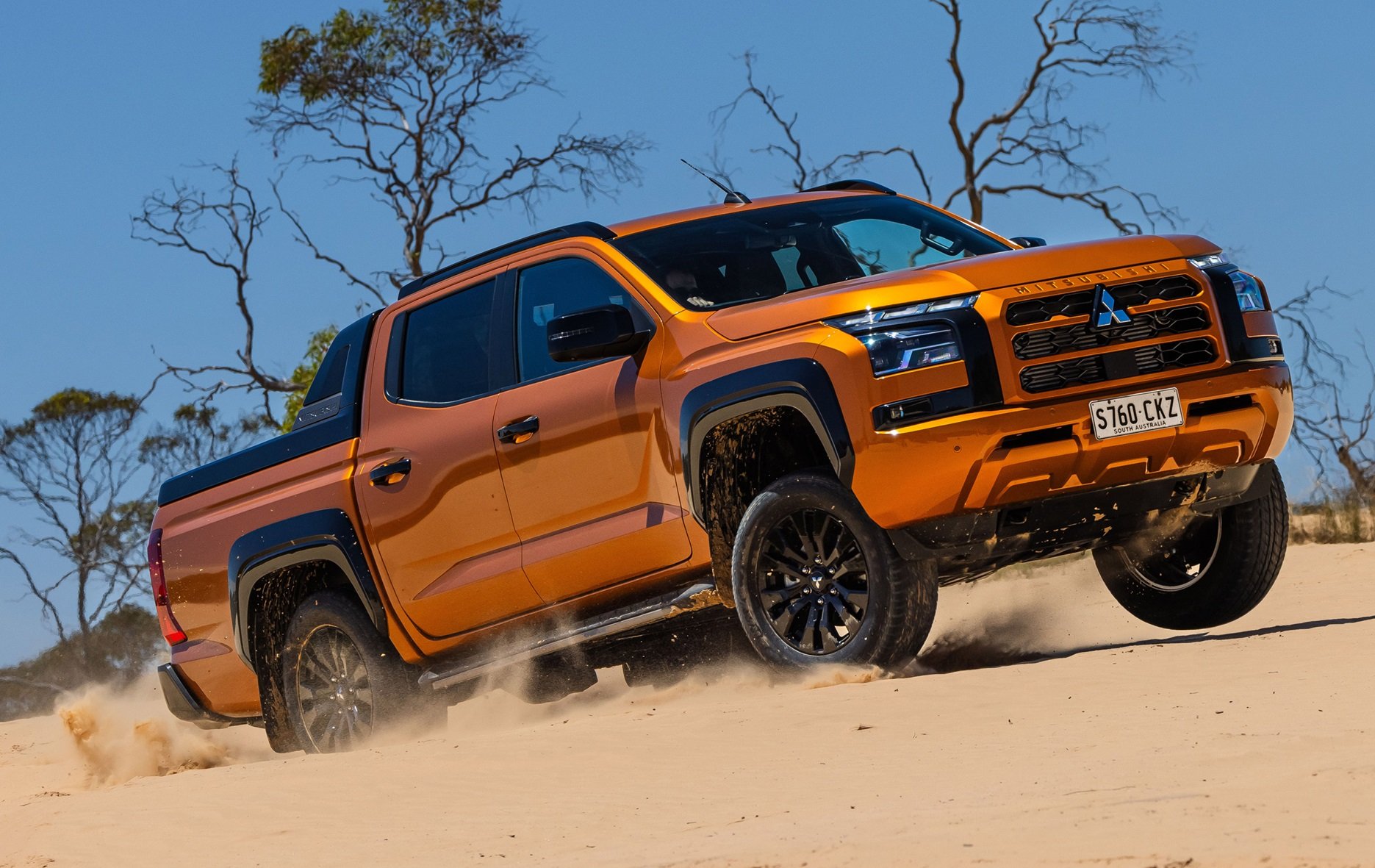
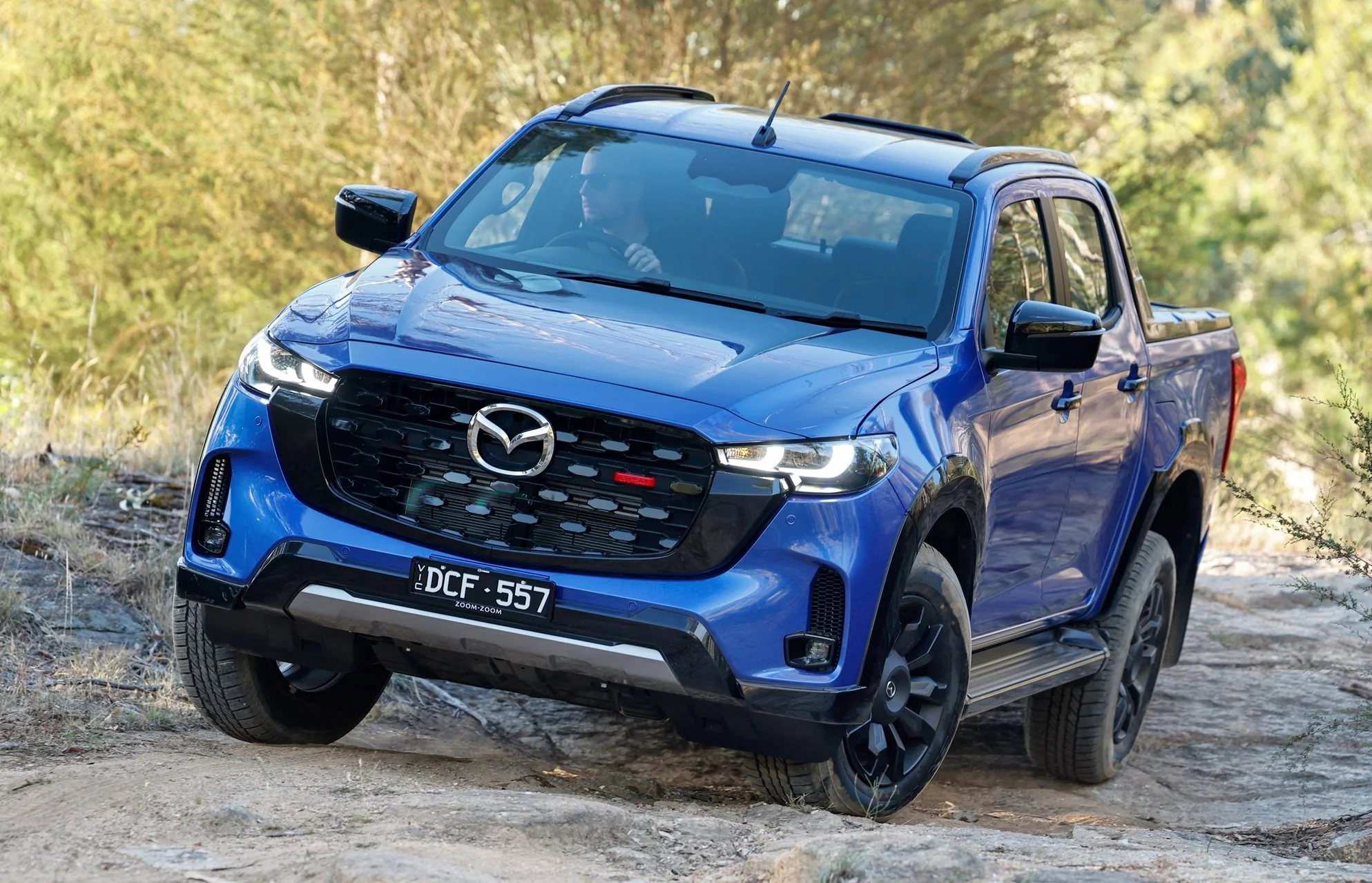

The new Santa Fe adds a hybrid powertrain to what has been one of Australia’s best-selling seven-seat SUVs. It offers premium European-style refinement and equipment you’d expect from prestige brands, keeping its value proposition and family appeal.